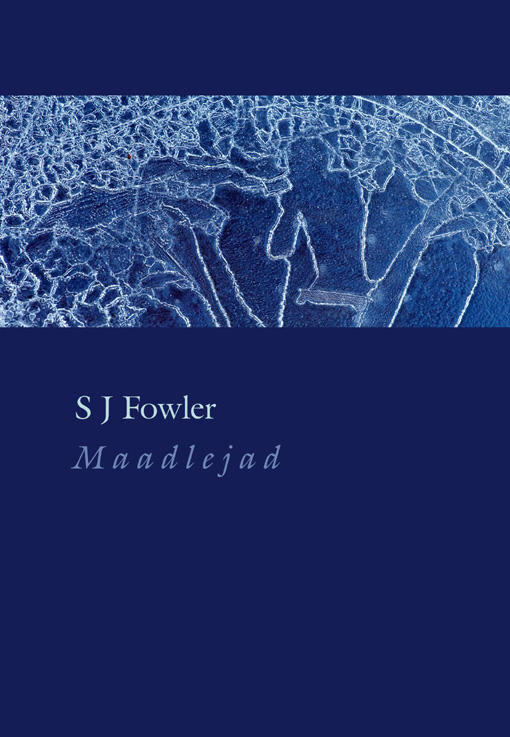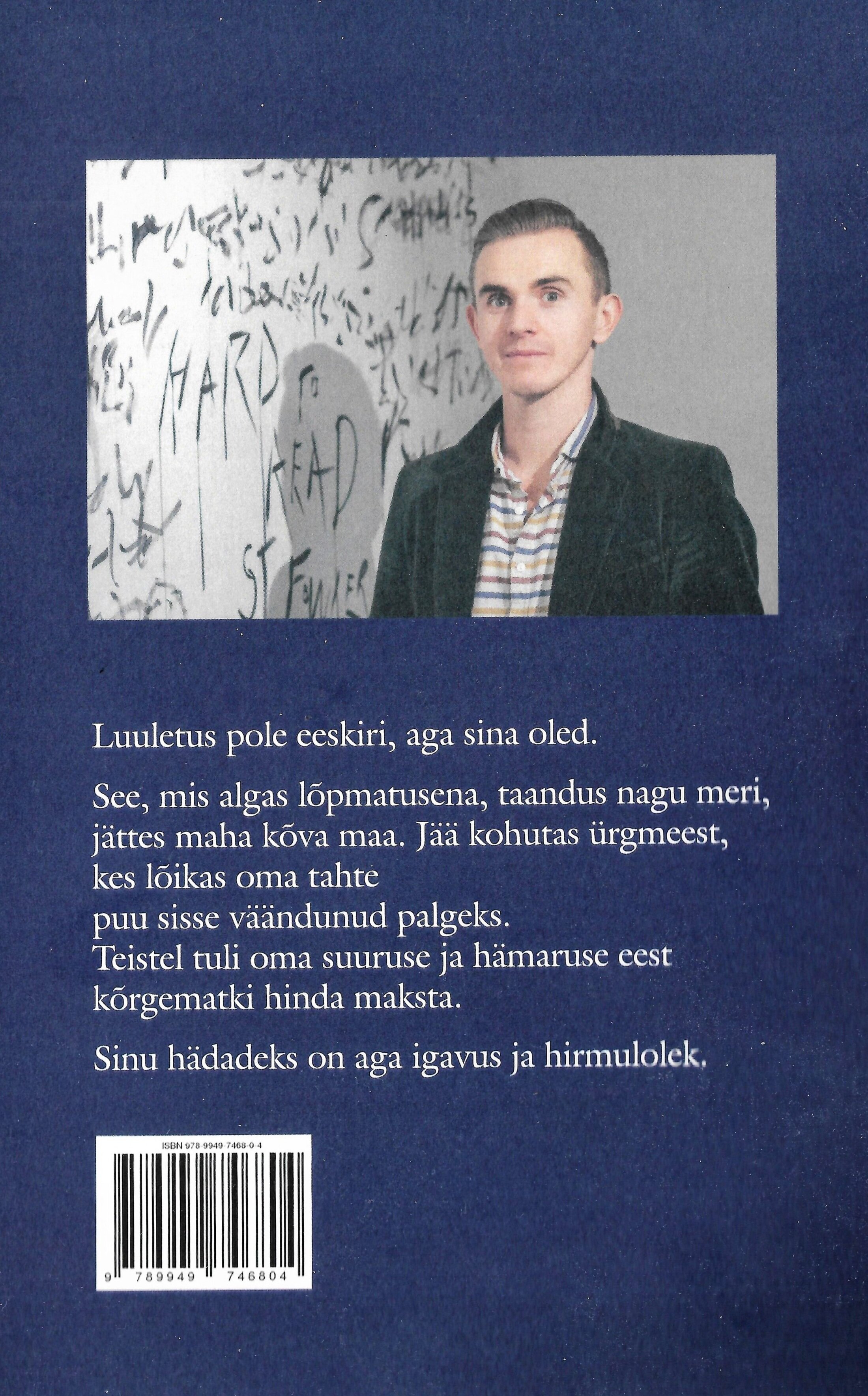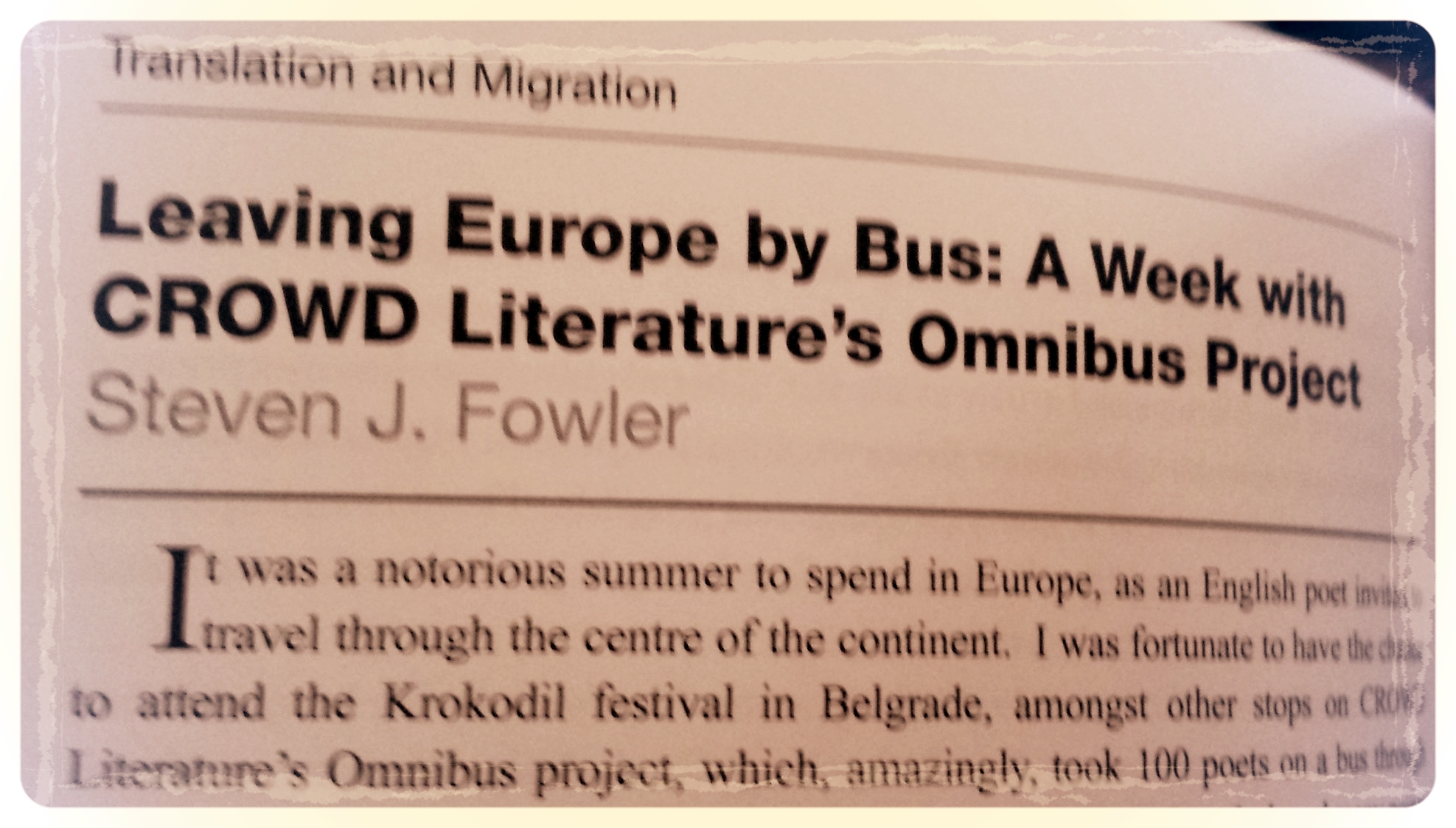 MP: For the last couple of years you are very active in finding, elaborating and persuading new and original, or at least not very common and worn out methods of presenting poets and poetry. The effort seems to be rather efficient – a couple of projects with high public visibility had emerged out of that. Tell us a bit more...
MP: For the last couple of years you are very active in finding, elaborating and persuading new and original, or at least not very common and worn out methods of presenting poets and poetry. The effort seems to be rather efficient – a couple of projects with high public visibility had emerged out of that. Tell us a bit more...
SJF: A lot of factors led up to me doing this. The fact I didn't have a literary education as a child, and my rather late beginning to writing, and that I perhaps was able to see quite clearly, with fresh eyes, what was working and was not with contemporary presentations of literature was certainly the main one. So it seems natural to me to have poets explore collaboration with each and across the arts as a fundamental mode, to have them write to commission or responding to an idea, to make readings rapid and intensive, to borrow from performance art and so forth. I have also always emphasisedthat readings should be decidedly open and welcoming, that that effects the experience on the most originary level. So far, these ideas have received a lot of support.
MP: You have published six volumes of your own poetry in a rather short time as well. Again the texts and the performances tend to merge styles, strategies, arts and disciplines. The ‘good old’ paper-eye connection lost something of its strength within the everyday explosion of the spectacle? How much the general context determines our very ability to comprehend literature, especially poetry? Is it time for the new ‘aesthetic of the new’?
SJF: So much historical analytical repetition often obscures our view of questions like that. What I will say is that this moment is truly a new moment. The two enormous factors we must deal with is population increase across the globe, the explosion of human beings, doubling the planet's occupation at the same time as absolutely revolutionary technological changes. We live in a truly new moment and have to respond to that. Very idiosyncratically I have responded with a measure of speed.
MP: London’s poetry scene seems to be boiling at the moment – interesting names and venues seem to pop up non-stop. Anything binds them together, besides the fresh energy? Any dominants, recognizable generation characteristics? Does it, in the internet era, make sense to talk about the generation just age-wise?
SJF: The great quality of London is its size. There are so many things happening at once, so many readings, so many new poets, that its very hard to feel a sense of hierarchy, which is traditional in literary circles. You can't be top dog, because there's always another group of poets, just a street down, who have never heard of you. So there are no dominants in London, just a nearly endless periphery. The great and good of the literary scene are not followed by the avant garde who aren't known by the spoken word etc..
MP: You’re poetry editor in 3AM magazine, you’ve followed poetry scenes all around Europe. Having a good insight, what can you recommend? Where do you find ‘the fresh blood’? What about Lyrikline? A couple of clicks away there is the world poetry treasure. How this kind of availability effects the production? Do we all start to write alike eventually?
SJF: I don't think there's any homogeneity happening at all, precisely the opposite. There are more writers and less readers, in perspective, than ever before. And I firmly welcome this, to tear down the hierarchical model of literature in favour of a more inclusive, democratic vision of writing as something that enriches the individual and cannot be generalised. Every nation has its depths, every nation its scenes and new writers and exciting moments. I've had the chance to travel a lot too, as well as research and all I can report is that though it is a huge part of my life, I have barely scratched the surface. As long as I know this, my head is in the right place.





















